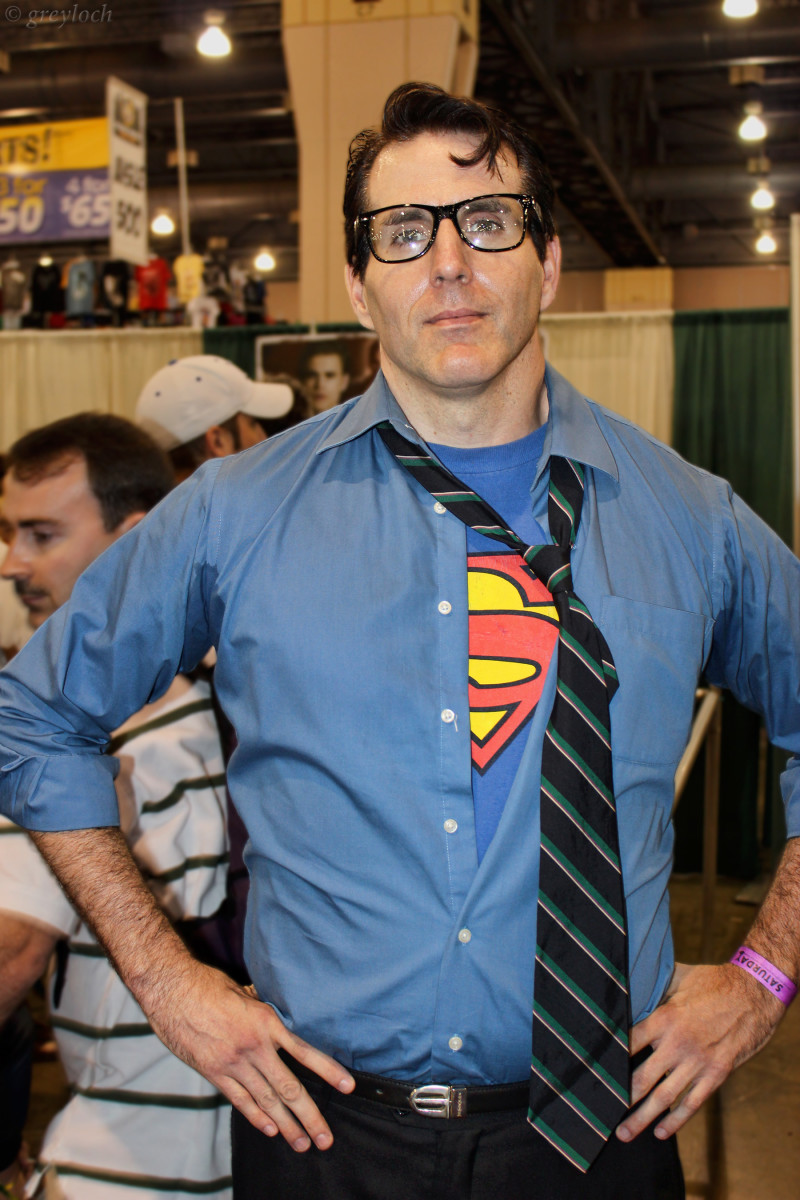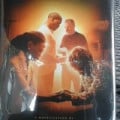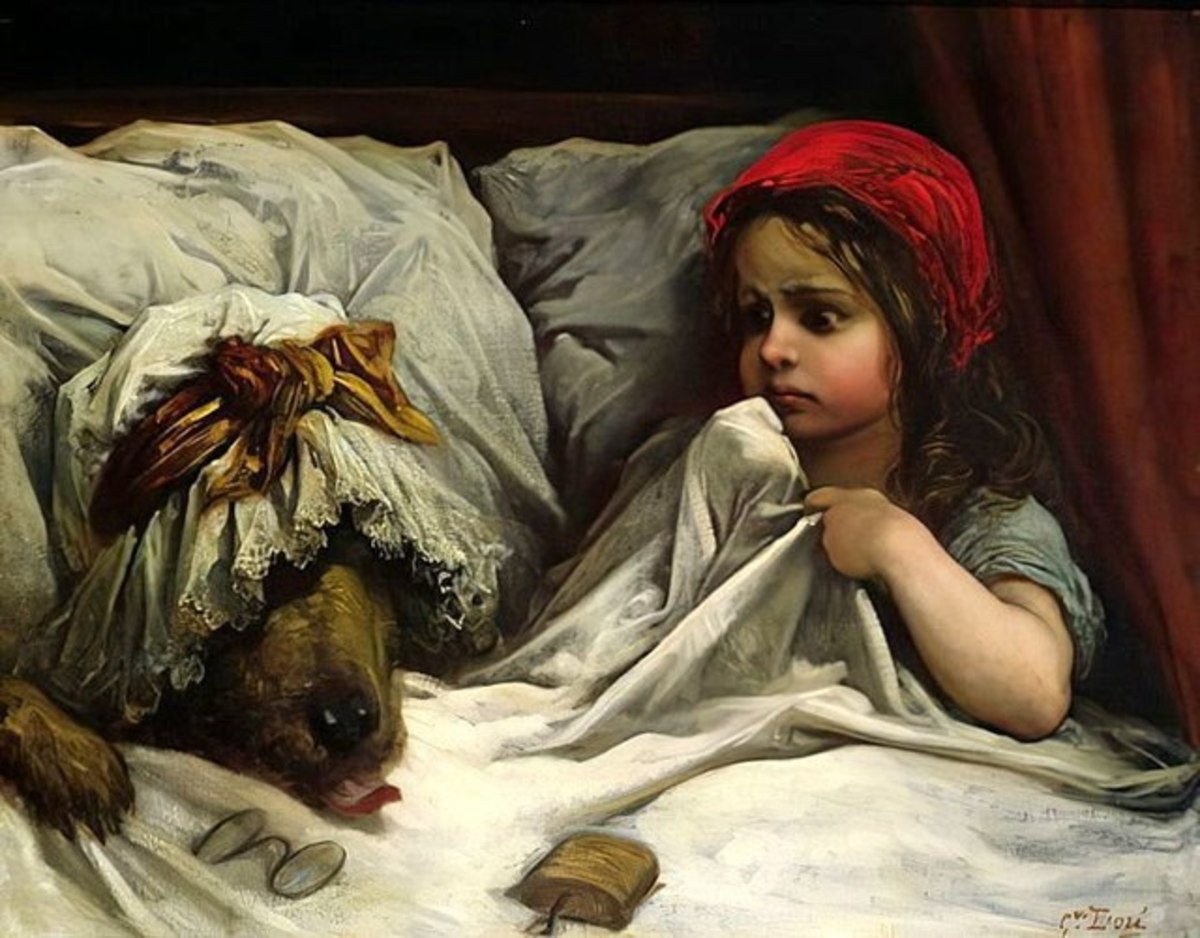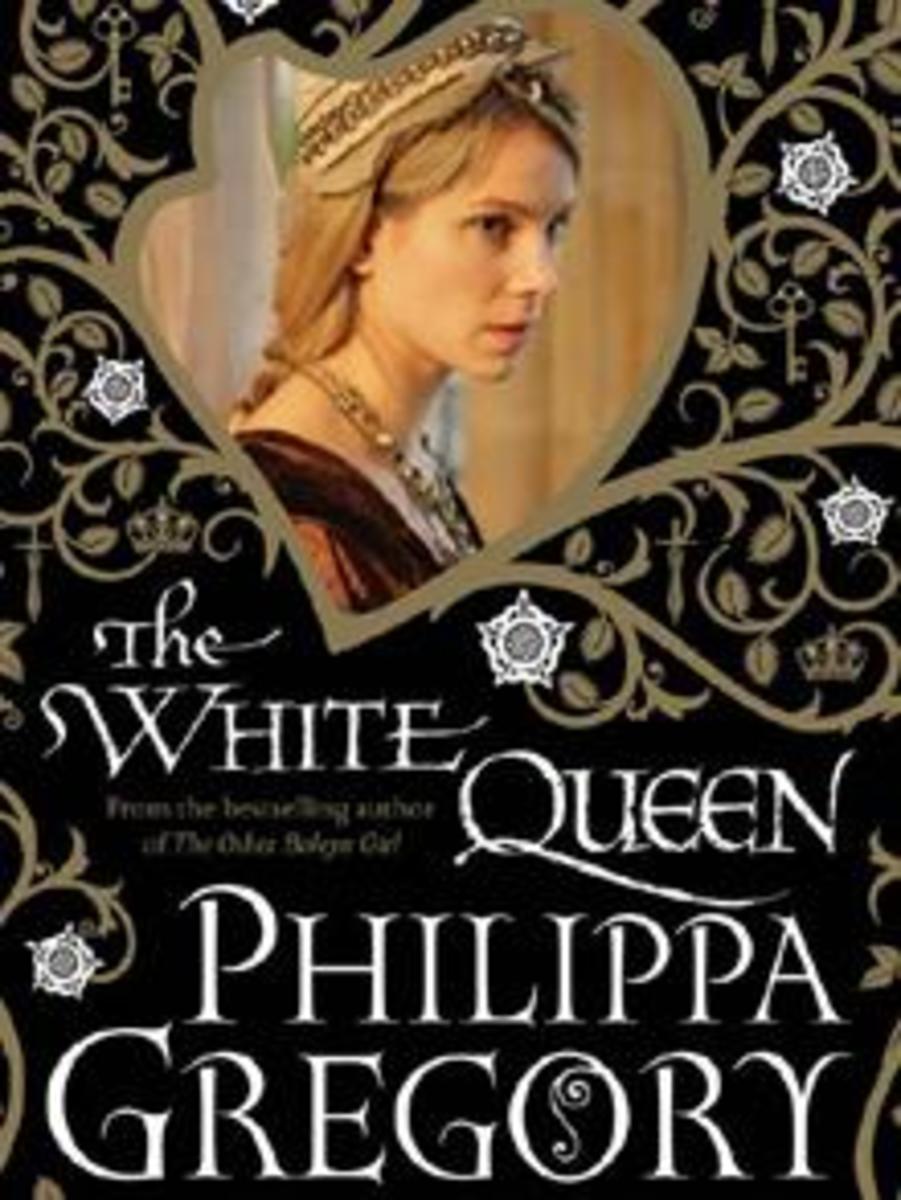Creating Fictional Characters From Real Life People and Avoiding Libel
Answering the Questions
From a writer friend of mine, Rebecca Mealey: I would like information on how to write disclaimers, and ways to create characters loosely based on people from your past, cities, towns streets, etc. without getting into some kind of lawsuit. Has there ever been any lawsuits like that?
Well, I’ll answer the last question first….yes! In this lawsuit-happy world you better believe there have been lawsuits based on this topic, so to avoid any of you getting sued, let’s take a look at how to create fictional characters based on actual people from your past. If you are ready then so am I.
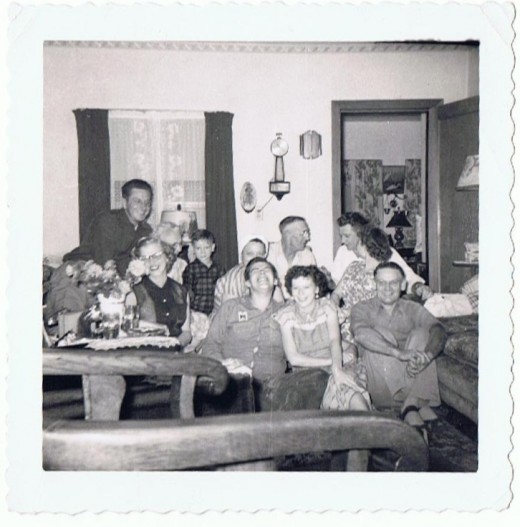
Are You Ready to Write Your Novel?
Well just hold on a minute there Bucko!
I happened to have snuck a peak at your manuscript, and you mention a few characters that very closely resemble some people from your past. One character is depicted as a child molester, and another is written to be lazy and shiftless, uncaring about others and filled with ego.
You just might want to be a bit careful before going to printing with that book.
Here’s the thing about libel laws in the United States: they are a bit vague and as such they are a bit scary if you are a writer basing characters on real people.
Libel is defined as a false statement of fact “of and concerning” a person that damages their reputation. The good news for novelists is that most times lawsuits filed against writers are thrown out of court. The bad news is that this does not happen all of the time. There are times when the writer loses that court battle and pays damages; thus the reason for this article.
For a novel to be libelous, it must be convincing in its detail about a character. The description of the fictional character must leave practically no doubt that a real person was used as a model. Finally, there must be implicit belief that what the author said was true.

More thoughts about characters in fiction
- Use Setting To Influence Characters And Plot and Thereby Enrich Your Story or Novel
Writing is so much more than telling a story. How you use setting can greatly influence the story you tell.
How, Then, Do We Avoid Libel?
There are several techniques that can be used to limit the chance of being sued for libel in fiction writing. They are: disclaimer; remove as much as possible the character from the real person; give an accurate description but do not disparage; and wait until the real person dies.
DISCLAIMER
I just grabbed a novel from my shelf. It is called “The Water’s Edge” by Daniel Hudson, and inside the title page are these words: “This is a work of fiction. All of the characters, organizations, and events portrayed in this novel are either products of the author’s imagination or are used fictitiously.”
Although not fool-proof, most cases in courts have upheld the author’s rights when a disclaimer appears in the book. In fact, the mere word “novel” in the subtitle of your book is usually enough to protect the author.
REMOVE OR CHANGE THE CHARACTER AS MUCH AS POSSIBLE
Change the physical characteristics of your characters as much as possible. Change their mannerisms. Do whatever it takes to remove the character from the real life person it represents. If the real person was an ass then make the character likeable. Better yet, mix and match several real life people and make them one character.
If you have ever read “Primary Colors” by Joe Klein, a novel heavily based on President Clinton, you will begin to understand the amount of freedom a writer has in describing characters.
AVOID DISPARAGEMENT
Be kind in your description of a real person and chances are excellent you will not be sued; on the other hand, get nasty and nastiness just might be reciprocated.
THE DEAD CAN’T SUE
The greatest loophole in the libel laws relates to the fact that dead people cannot sue for libel, so if you really want to depict a real person as a despicable human being, wait until they die to do so.
And What If Everything You Write Is True?
Again we are in murky waters. According to libel laws, truthful information is considered public information. However, there have been cases where private individuals sued for truths that were considered offensive and embarrassing and they won their lawsuits. Once you start treading the waters of sexuality, mental stability and medical conditions, you then have crossed an invisible line in the libel laws and you may find yourself in some trouble.
There is also something known as the right of publicity. This refers to the fact that a novelist cannot use a person’s name or likeness for commercial gain. In other words, I cannot write a novel using Brad Pitt as my main character simply for the purpose of selling books. I could, however, use a character based on Pitt who is married to a glamorous actress and blah, blah, blah, and I would be fairly safe in doing so.
WHEN IN DOUBT
Well, you can always contact a publishing attorney and ask about your rights. It is an expensive remedy, but if you really are on thin ice it might be the only remedy that makes good legal sense.
From a Practical Standpoint
In truth I don’t know any novelists who do not use real people as models for their characters. We all draw upon our pasts for inspiration and information. That is only natural. With sixty-five years under my belt, and thousands of people weaving through the tapestry of my life, it stands to reason that some of those people would appear in my novels. There is no doubt that every character in my novel “The 12/50 Shuttle From Yesterday To Today” was based on real people from my life. There is no doubt that the same is true in the novel I am currently writing. I have gone to great lengths not to insult any of the living people I have used as models and so far I have avoided lawsuits.
An important book for authors
What About Historical Fiction?
I had the opportunity to serve as editor for a recent novel called “The Gray Ship” written by Russ Moran. This was a time-travel novel about a modern warship that is transported back to the Civil War. Several historical figures are in that novel, so there is no hiding underneath a cloak of disguise for the author. Still, he was writing about people who are dead, so he was on solid ground no matter what he wrote about those figures.
I am reminded of a brilliant writer by the name of Bruce Catton who wrote historical accounts of the Civil War, but he brought the characters to life by fabricating conversations so that truth and fiction were intertwined and the lines were hazy at best. There is nothing libelous at all about the way Catton wrote his accounts of the Civil War. In fact, he ended up with a Pulitzer Prize for his efforts.
Join me on my writing blog
- Artistry With Words | A topnotch WordPress.com site
A site for writers about writing. Join our growing community as we all learn from each other how to better our craft.

The Ultimate Bottom Line
Yes, we all do it. Yes, we will all continue to do it. Our past experiences are the Mall where we buy our inspiration for novels. There is nothing wrong in using real people as models for our characters. Just be careful that your enthusiasm for a realistic portrayal does not walk over those invisible lines mentioned above. There are so many ways to avoid libel; it would just be silly and careless to not use those ways as protection when writing your next great novel.
2013 William D. Holland (aka billybuc)
“Helping writers to spread their wings and fly.”




